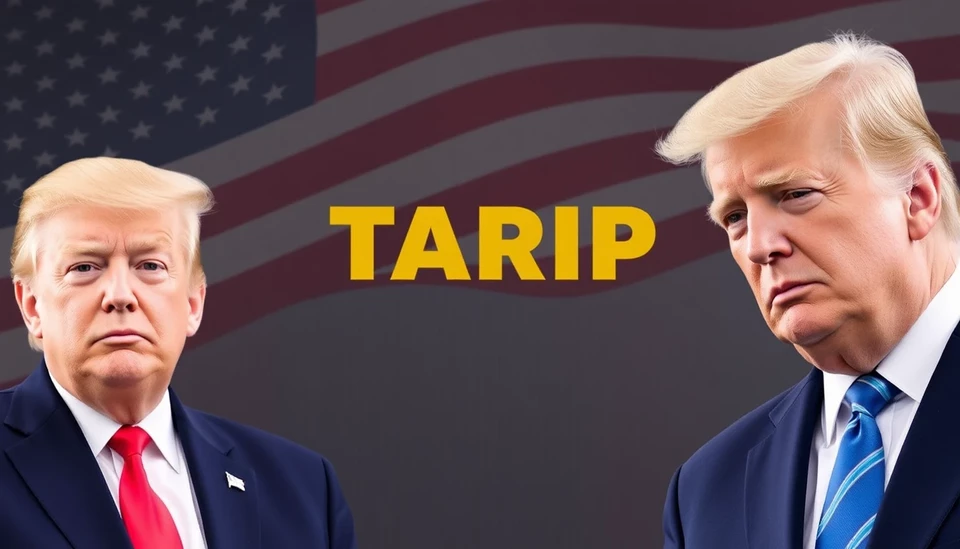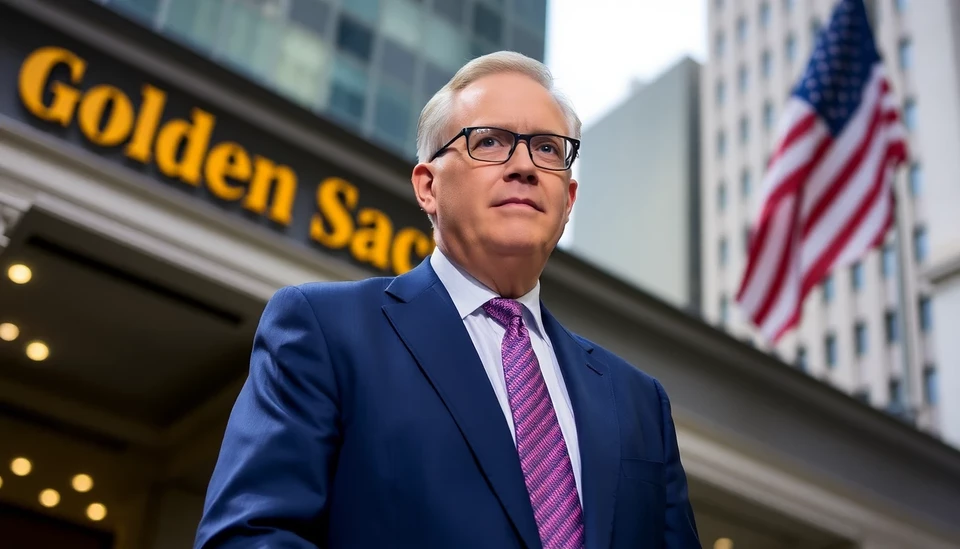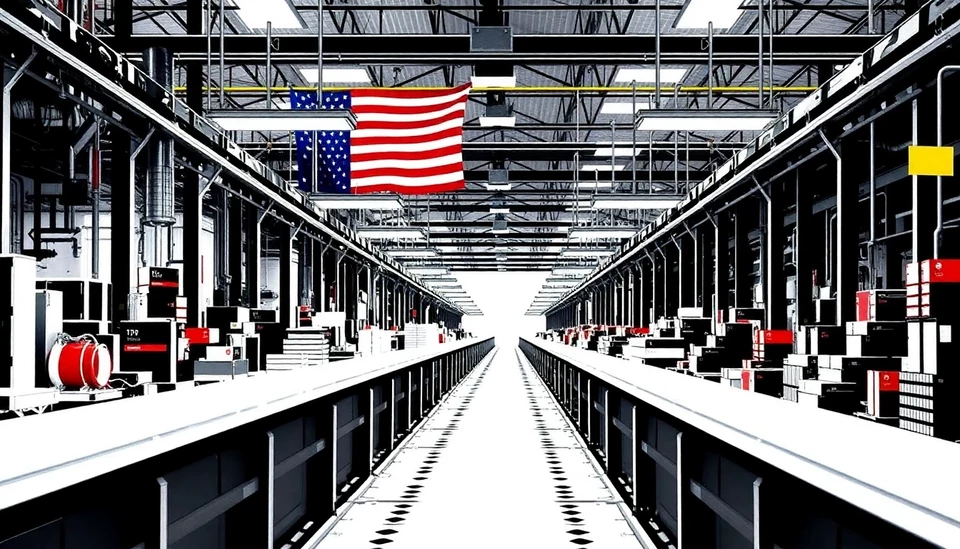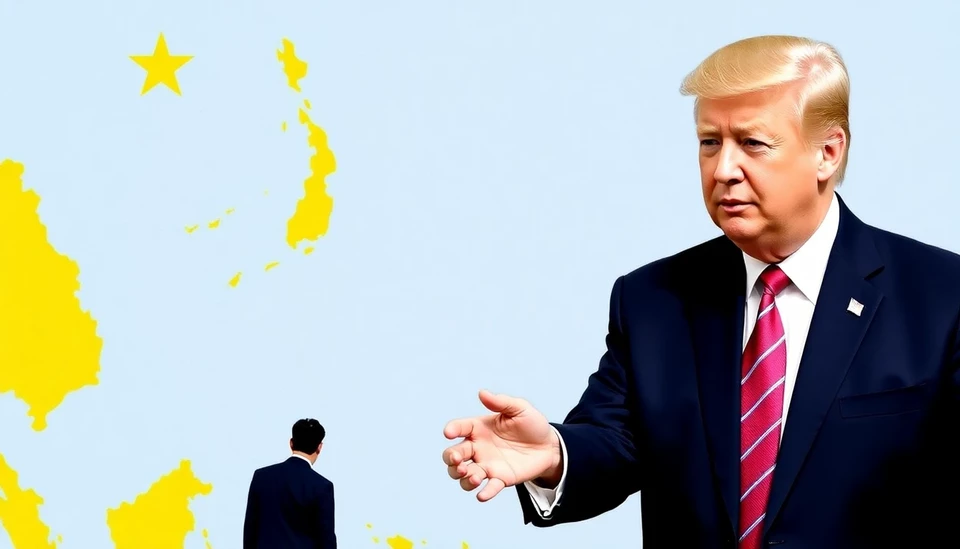
As the 2024 presidential race heats up, former President Donald Trump is drawing attention for his unconventional approach to trade policy, particularly through the use of tariffs. This strategy, which he has dubbed "beautiful tariffs," could significantly reshape the economic landscape and influence voter sentiment leading up to the election.
During his presidency, Trump famously implemented protective tariffs on a variety of imports, which he claimed were necessary to protect American jobs and industries from foreign competition. Now, as he seeks to regain office, he is once again promising to employ aggressive tariff measures, this time portraying them as a pivotal part of his economic plan to invigorate the U.S. economy.
Trump’s rhetoric suggests that he views tariffs not only as a tool for protecting domestic industries but as a means of repatriating jobs and increasing wages for American workers. His supporters argue that this approach aligns with a broader vision of nationalism and economic independence, contrasting sharply with more conventional economic policies that often advocate for free trade.
Critics, however, are quick to point out the potential downsides of such tariffs. Historically, tariff measures can lead to increased costs for consumers and complications in international trade relationships. Moreover, there is concern that the aggressive tactics could provoke retaliatory measures from other nations, further complicating an already tense global trade environment.
As Trump rolls out his campaign for the 2024 election, the discussion surrounding his tariff policies raises questions on a much larger scale — what implications do these "beautiful tariffs" hold for the future of U.S. trade, and how will they be received by voters who may have experienced the negative impacts of previous tariffs during Trump’s presidency?
This policy experiment is likely to become a focal point of discussion as candidates from both parties formulate their economic strategies. With the election approaching, how these tariffs are integrated into campaign platforms could significantly sway public opinion and impact overall election results.
As the political landscape evolves, the effectiveness of Trump's tariff strategy may be tested once again, providing insights into the electorate's response to protectionist policies in a complex and interconnected global economy.
#Trump2024 #Tariffs #Economy #TradePolicy #Election2024 #PoliticalStrategy #Nationalism #GlobalTrade
Author: Daniel Foster




